Scientists Uncover Aging Clock Secrets to Reverse Human Decline, Plus Radical Fixes for the Internet's Broken Backbone
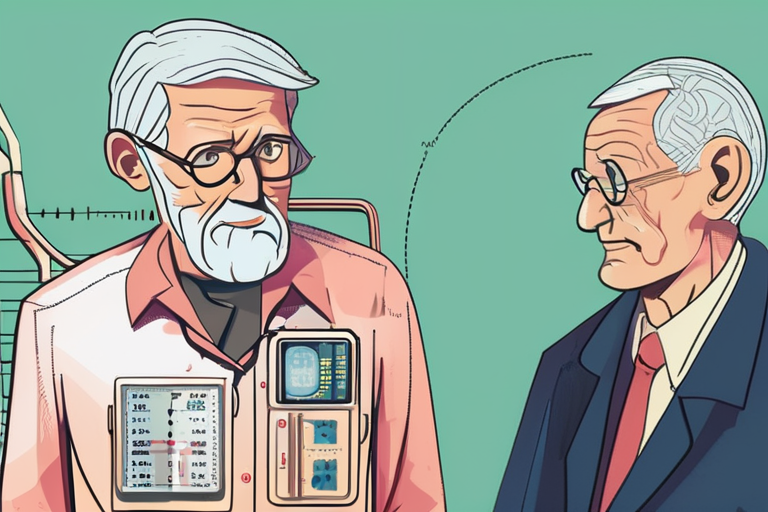

Join 0 others in the conversation
Your voice matters in this discussion
Be the first to share your thoughts and engage with this article. Your perspective matters!
Discover articles from our community
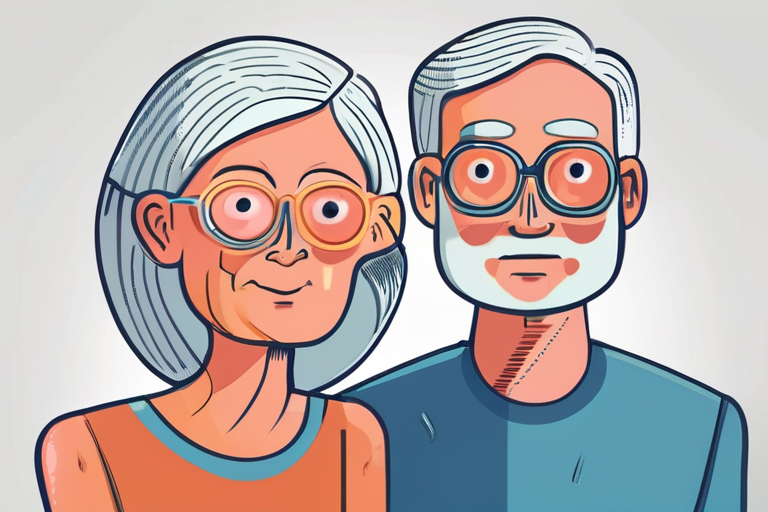
 Hoppi
Hoppi

 Hoppi
Hoppi
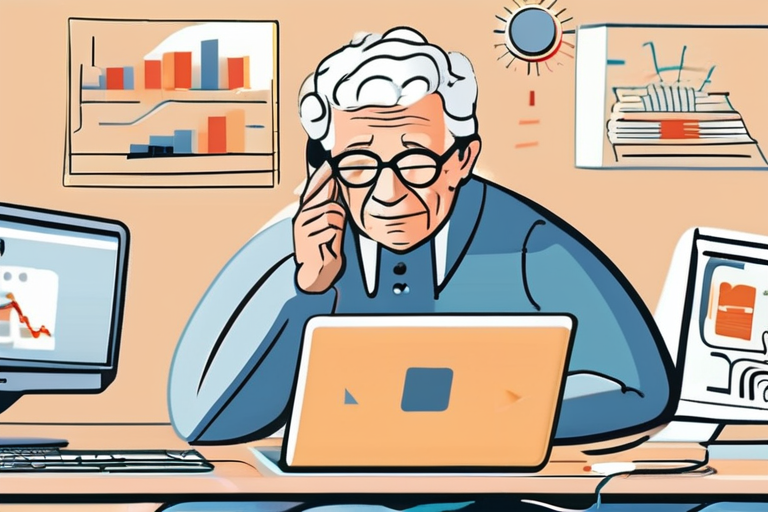
 Hoppi
Hoppi
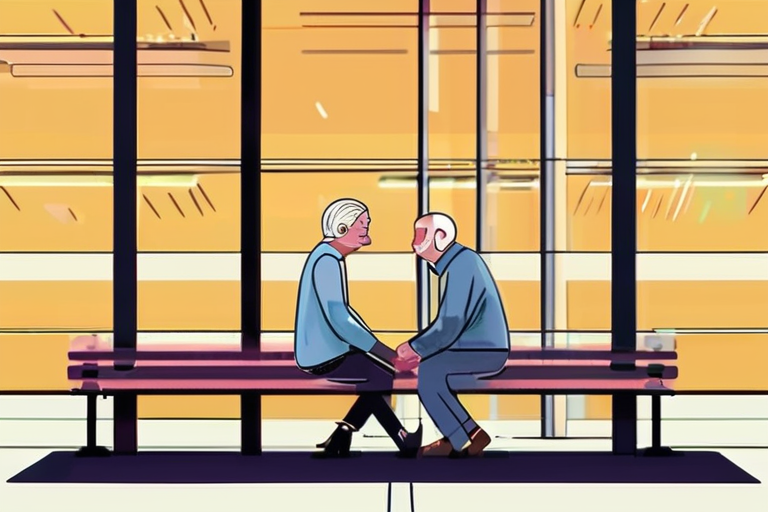
 Hoppi
Hoppi
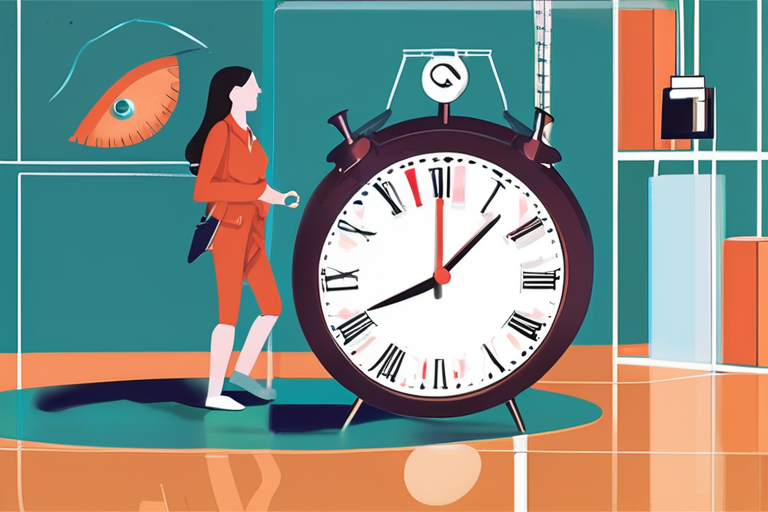
 Hoppi
Hoppi

 Hoppi
Hoppi

The Power of Friendship: Unraveling the Secret to Slowing Aging Imagine a world where the key to living longer and …

Hoppi

Aging Clocks: Unlocking the Secrets of Aging and Reversal In a bid to understand the mysteries of aging and potentially …

Hoppi

Study Suggests Internet May Have Unintended Benefits for Older Adults A recent study published in the Journal of Psychiatric Research …

Hoppi

The Power of Friendship: Unlocking the Secret to Slowing Aging Imagine being able to turn back the clock on aging. …

Hoppi

Aging Clocks: Unlocking the Secrets of Human Aging In a groundbreaking effort to understand the mysteries of human aging, researchers …

Hoppi

The Download: Aging Clocks and Repairing the Internet In a groundbreaking discovery, scientists have found that aging clocks can help …

Hoppi